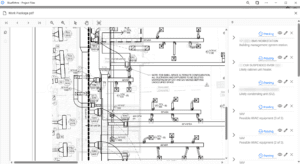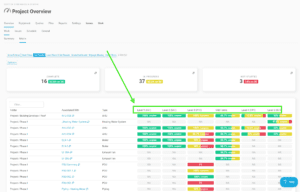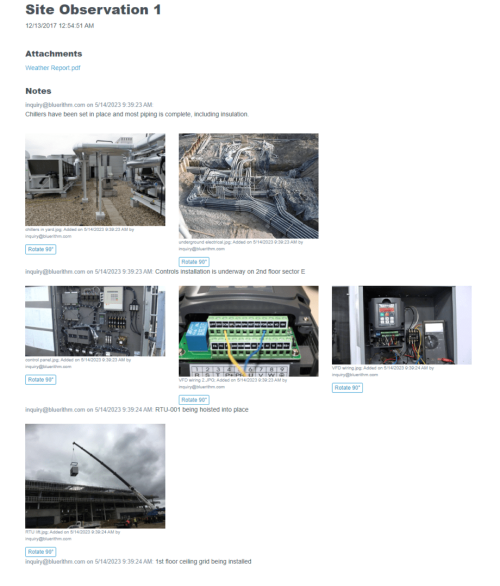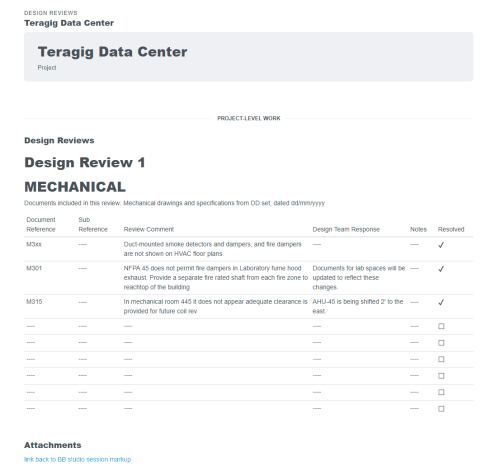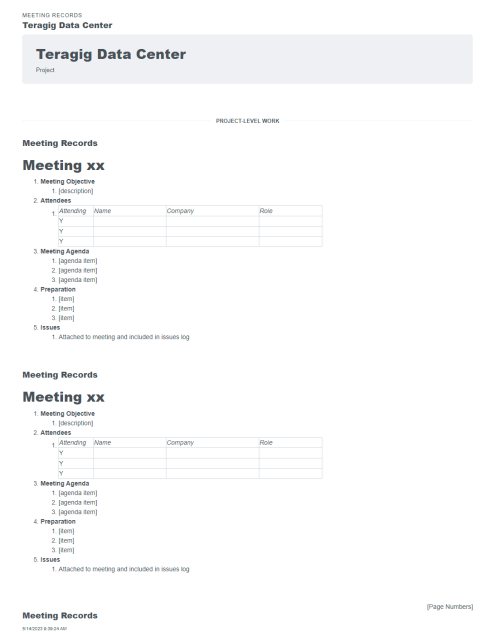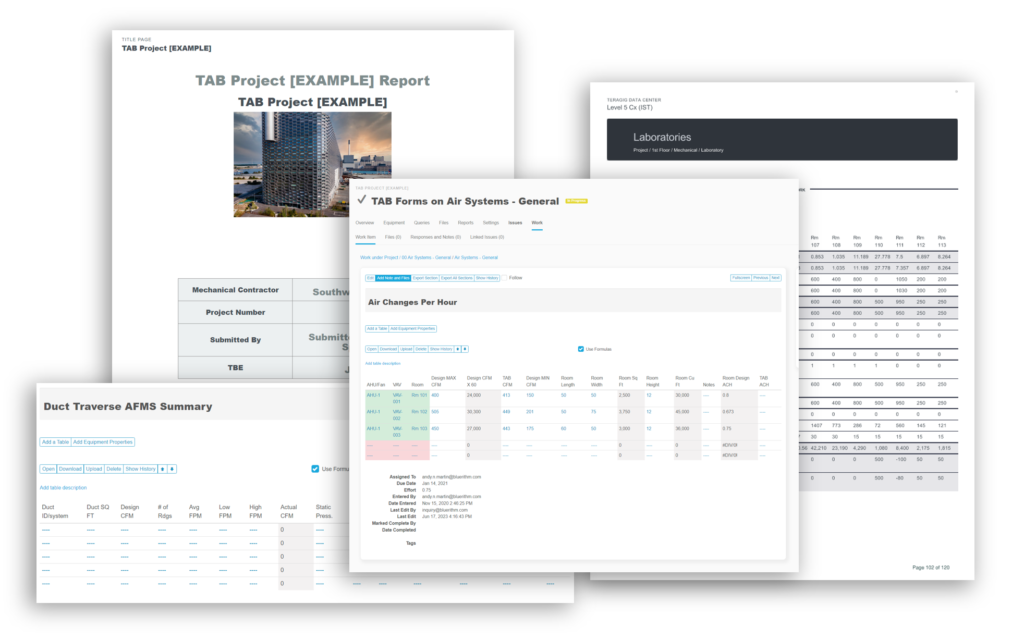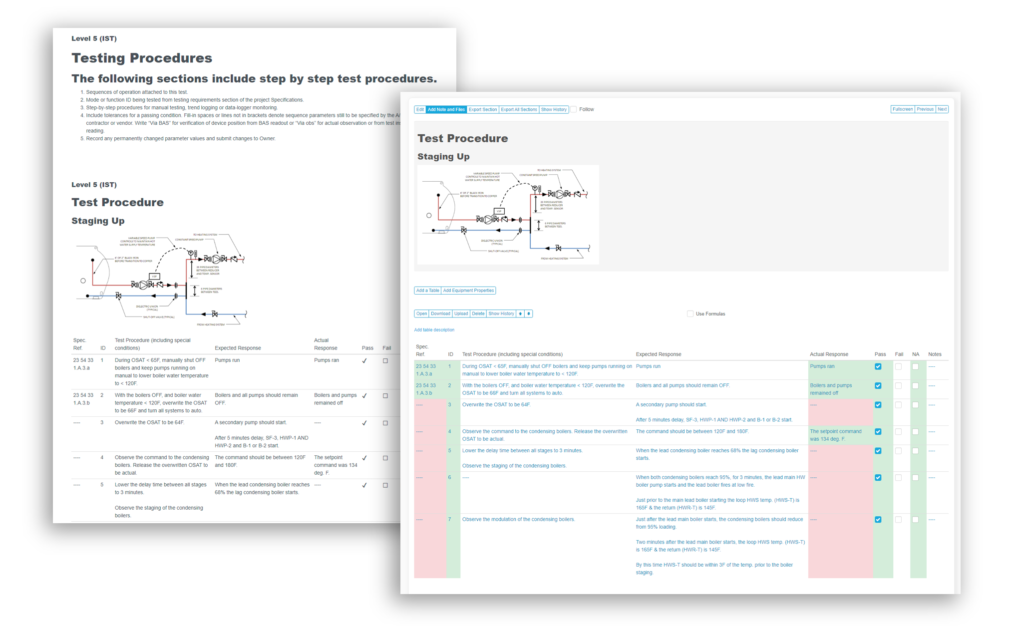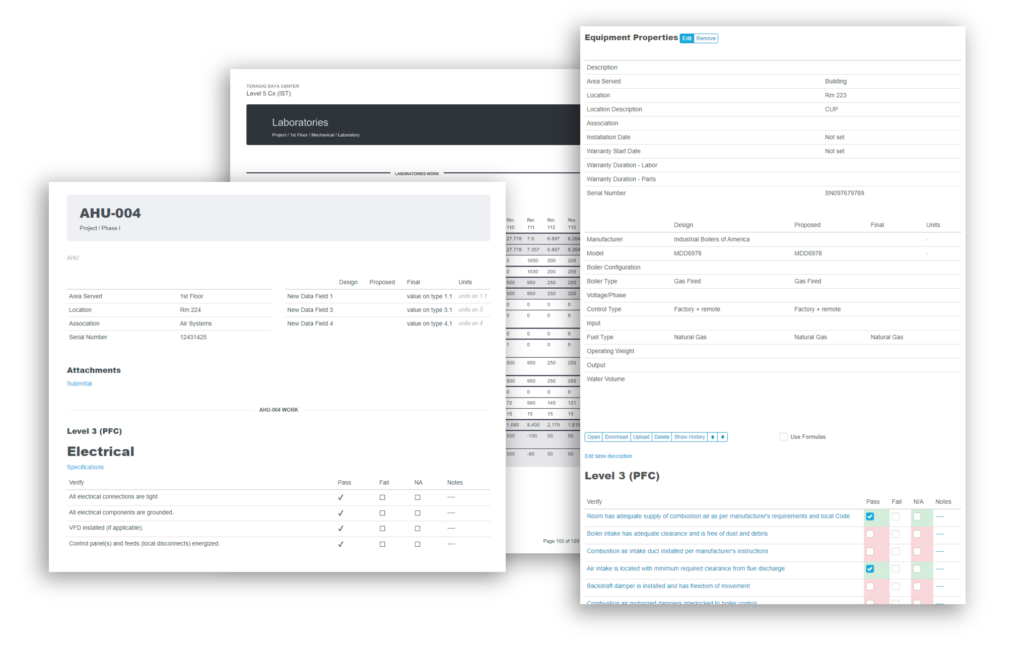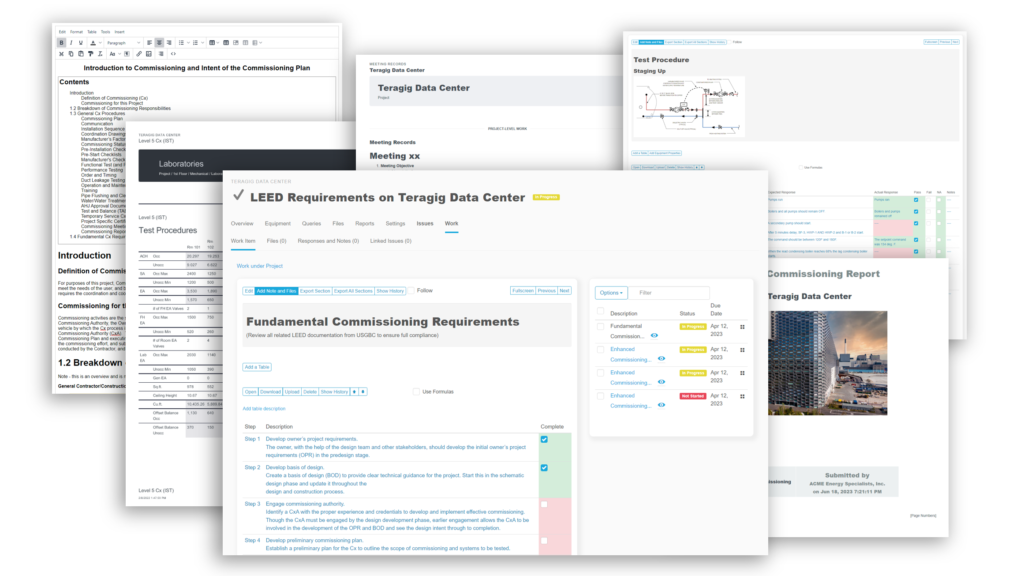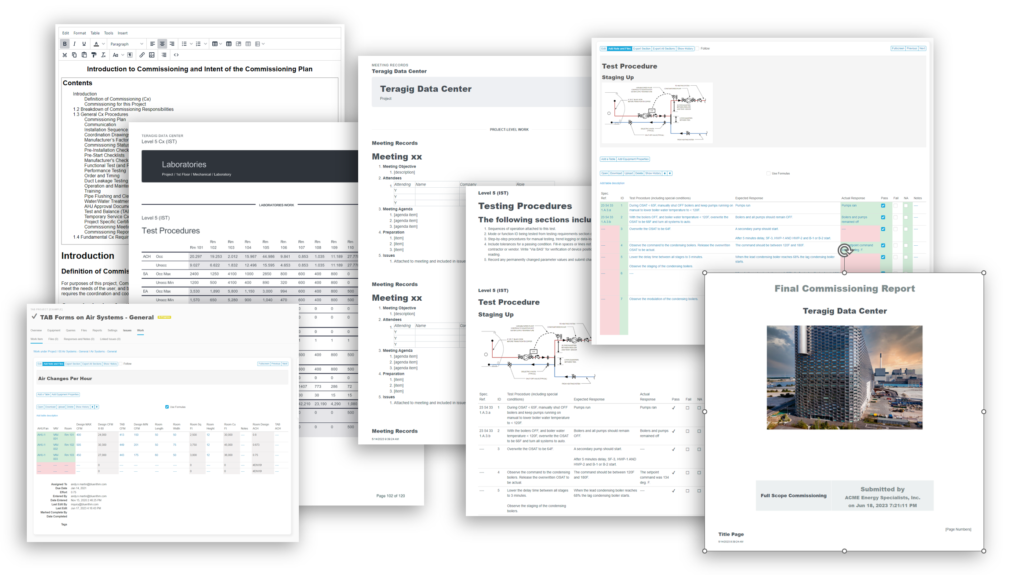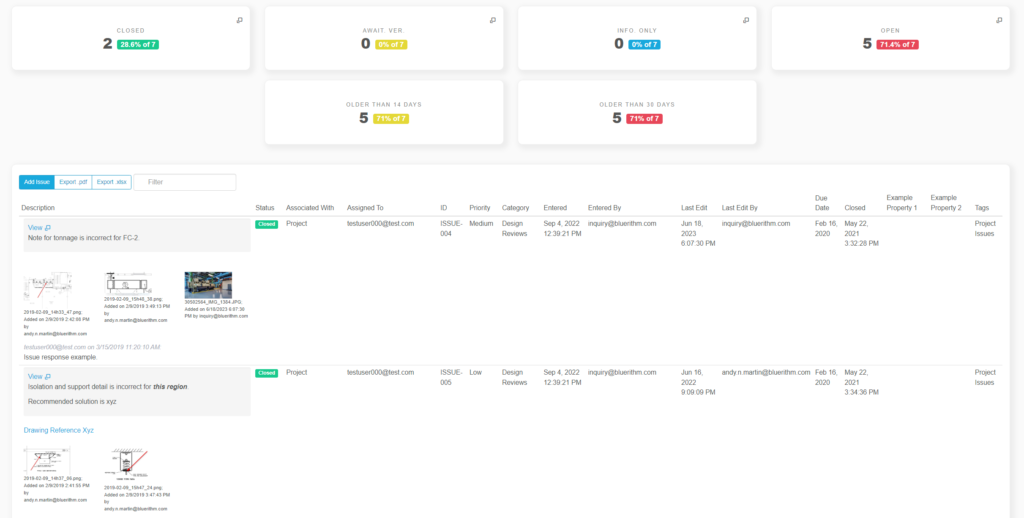Building commissioning software is an adaptable, cloud-based platform enabling commissioning for building construction projects across numerous industries. Deployment occurs during all phases of buildings, plants, and facilities to ensure that all systems are operational and in working order.
Building commissioning software is a game-changer in the construction industry. It has become a critical strategic asset for those who have already transitioned to its live, real-time data and communications (among other serious advantages).
But what industries can use this software for their constructions projects? After all, construction project types can highly differentiate across sectors like petrochemical, pharmaceutical labs, energy, corporate offices, and oil and gas – right?
Those project types are different. Commissioning software has come a long way since its initial foray into the building construction industry. If you’ve checked out Cx software and felt it was too rigid or not flexible enough, then you wouldn’t be wrong. Commissioning software has overcome numerous challenges, like being constrained to a narrow set of project types or only offering a few features that didn’t make the investment seem worthwhile.
However, this is no longer the case. Admittedly, some platforms, like Bluerithm, have exceeded expectations because of their continual development cycles. These software companies work with their customers as partners and respond to their needs. Now, you can enjoy a full suite of features and benefits that let you manage every aspect of the commissioning process through the software’s platform.
But that’s only half the story. The nuts and bolts of commissioning software are enough to convert. However, the real attraction for many is the massive strides in project-type adaptability throughout industry verticals.
Industries Where Completion and Commissioning Software is in Use
Some commissioning software companies have indeed decided to focus specifically on one industry. However, platforms like Bluerithm recognize that most commissioning providers grind through building cycles in multiple industries. These professionals want software they can rely on to be their go-to platform for everything they do, keeping their business integrated and connected.
You can find commissioning software being used in the following industries.
- Industrial Manufacturing Plants
- Data Centers
- LEED Commissioning Projects
- Commercial Facilities
- Pharmaceutical Labs and Facilities
- Petrochemical & Chemical Plants
- Energy and Power Plants
- Biotechnology Facilities
- And General Construction
How to Customize Commissioning Software for Your Industry
Commissioning software can be used for everything dictated in the commissioning process, including test and balance, data validation, and inspection needs. The feature decks have generously stacked over the years – and will continue for the foreseeable future.
But what you may be wondering is, “how is this software able to customize and adapt to projects in different industries?” Obviously, having such capabilities makes the software, and its users more competitive, giving them an edge in their markets. In addition, with the time saved through decreased touches, automation, and real-time data and communications, conversion is a no-brainer. So, how does it adapt?
With Bluerithm, there are several ways this is accomplished. First, Bluerithm provides world-class customer service during and after the onboarding process. Here is text straight from their knowledge base about project template customization:
“Bluerithm has templates available to import into your account, but you will likely have your own custom forms and checklists. You have the option of setting them up, or we can do that for you. We can even create your entire library of custom templates based on your existing forms and workflows. Starting from template content makes setting up new projects very easy.”
The point is that the software customizes to your process and specifications. After the templates are created, you’re still not tied to them rigidly. Every project requires adaptation. You can pick and choose what you keep to use on your template for new projects.
This not only gives you the flexibility to adapt the software to different project types, but it significantly simplifies and decreases project startup time.
Next, Bluerithm offers native Procore integration allowing you to manage and access all your commissioning project data in one place. Additionally, Bluerithm supports standards like COBie, effectively acting as a commissioning project one-stop-shop.
And finally, though focused more on flexibility than adaptability, Bluerithm software is accessible on any device, giving you the freedom of mobility these projects desperately need.
It’s fascinating to see how far commissioning software has come. And with companies like Bluerithm at the helm, future development is sure to delight its users.


